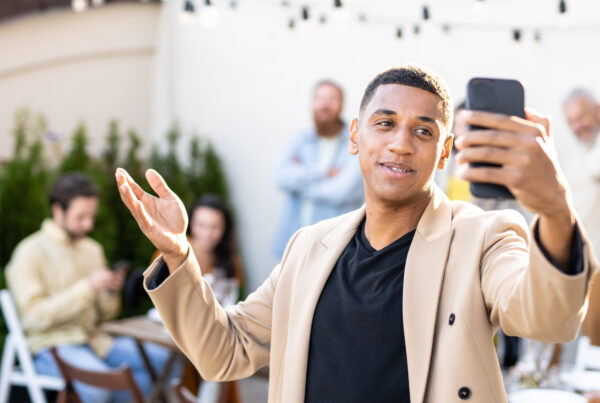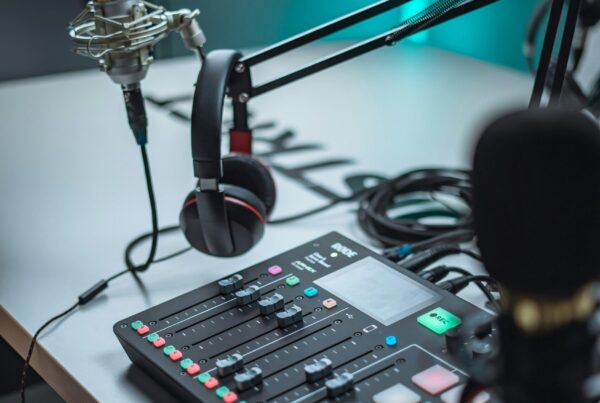As a millennial, digital mediums have long been part of the fabric of my life. I grew up on Prodigy and AOL, was a loyal MySpace user and an early and heavy user of Facebook. Six years ago, I made the official jump to be a social media manager at a digital firm. Now leading digital for a communications consulting firm, I have pushed the maturation of social media with real passion. It has been fast, fun and a learning experience every day.
And yet I find myself pausing to reflect on all that progress has wrought. The convergence of access to instant connectivity, protectionism and discomfort discussing different viewpoints, and the barrage of content aimed at us by marketers is resulting in disturbingly uncivil discourse. We live in an online echo chamber.
Our current reality is that it is easier to be against something than it is to be for something. Every day on social media brings forth a new victim for outrage. People don’t trust institutions, mass media, and based on the last Pew poll of Americans’ trust in neighbors, which is a year old, I will make the leap that people’s trust in each other is low.
We have had so much extraordinary innovation and creativity that is leading to these unintended consequences for our society. These consequences have led to rethinking my own reliance on social media, as well as my professional counsel on its usage.
How do we repair these divides and build a new norm given all the change happening around us?
A path to offline conversations
I’ll tell you what I am doing.
I am taking a step back to try to exit the echo chamber. I’m spending far less time on social media. I’m seeking information from those who think like me and those who help me understand different viewpoints. I am aiming to shut down the social banter, listen to others and seek what we have in common.
Sally Kohn spoke at a conference I just attended where she shared pertinent advice on this topic. Of her time being a Liberal pundit at Fox News, she said that what you don’t see after the cameras stop rolling is most illustrative for where we as a civil society go from here. Even where they disagreed, she said, “When you know the people, it’s easier to respect each other’s opinions and differences.”
Kohn went on to speak of something I have been saying often of late — underneath all our opinions and beliefs, we’re humans with feelings. Instead of starting by shutting others down, if we start by listening and acknowledging how they feel (which doesn’t mean agreeing with how they feel, it’s saying “I understand you feel this way”), we may be able to have a more thoughtful discussion and find more about what we have in common than not.
Call to action: Get out there
The time is now. Talk to people you know, but disagree with. Inform yourself about people who are different than you. Lean in to see outside your worldview.
If you need some inspiration, here are some projects to help you get started:
- Read this story about NPR bringing a Trump voter and her Facebook insulter together
- Watch Bring it to the Table, a film project exploring views from across the country to hear from people who think like you, and others who don’t.
- Read this piece about depolarization to help you navigate difficult discussions: “The Seven Habits of Highly Depolarizing People” by David Blankenhorn.
Communications professionals know that people are persuaded by people, so I’m committed to connecting with people who are willing to engage in two-way communication.
Are you exploring this, too? I’d love to connect and discuss these important issues we’re facing today. If possible, let’s try to meet in the real world.
Find me on Twitter.






